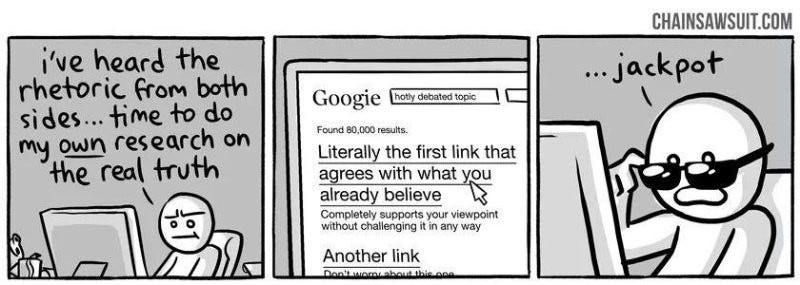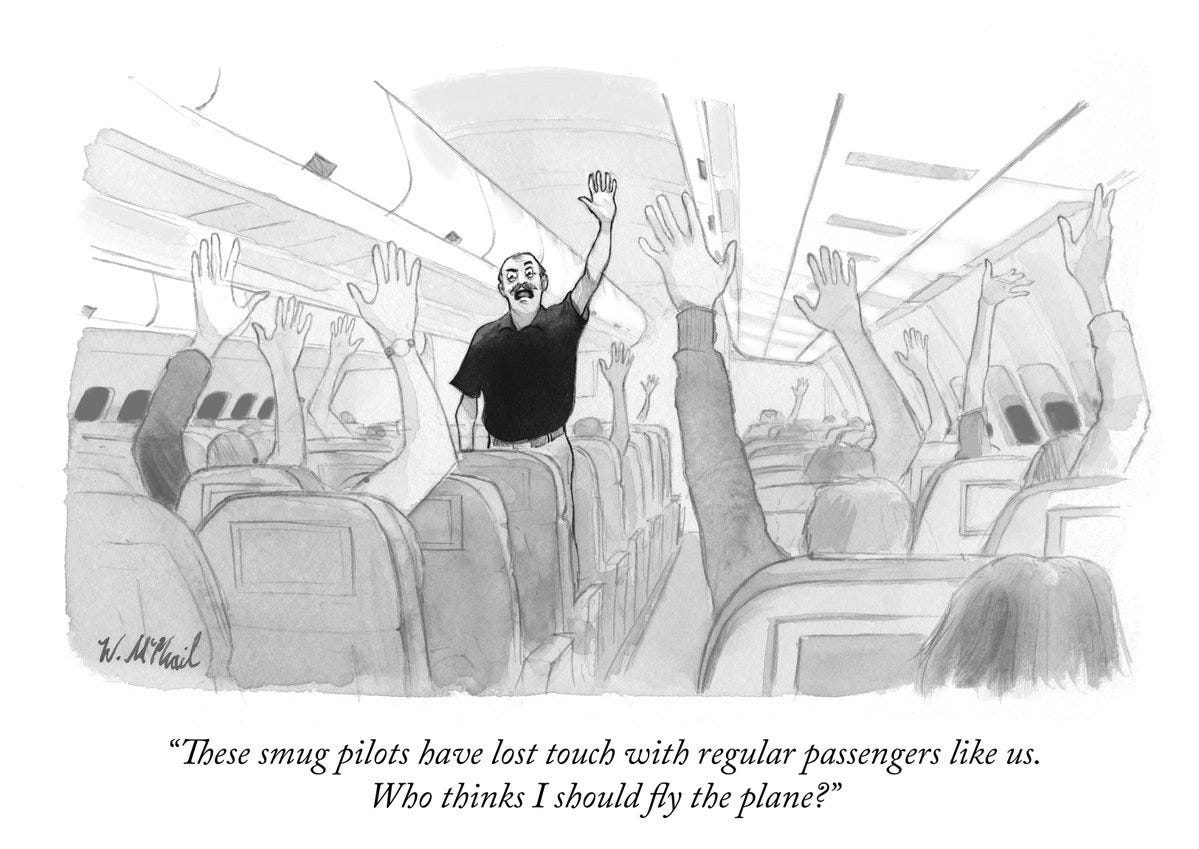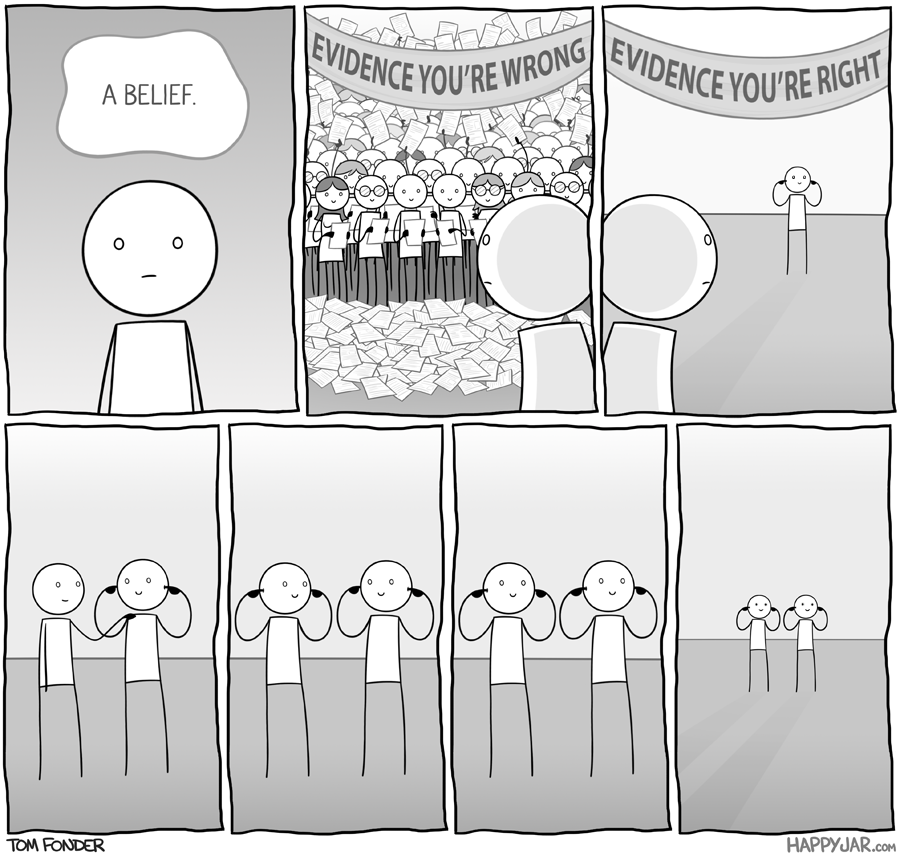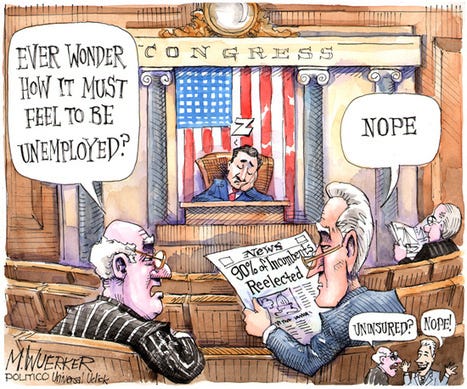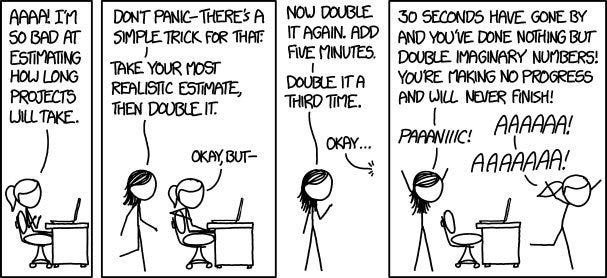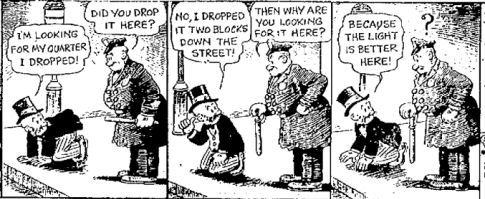 |
| Hazel and John at Litchfield |
John was a most interesting man; born to schoolteachers in China, as a child he was interned by the Japanese for three years in Shanghai. After school, he joined the navy and flew from aircraft carriers. A clever man and a fine natural mathematician, he later joined IBM where his coding skills were greatly appreciated. A lover of classical music, he had a fine singing voice, as I knew well, since we usually sat together at church at Litchfield, when he could always be relied on to lead us through the trickier psalms.
Sylvia Haymes, who among other things plays the organ at Litchfield, gave this lovely eulogy at his funeral at All Hallows, Whitchurch, on 7th March 2019:
John was a dear man and a wonderfully integrated combination of opposites. He was vague, particularly about trivial aspects of life that some might give much attention to – what to take on holiday, for instance – but he was also astute and determined about things he thought important: Hazel, Mathematics, the liturgy, friendship, beekeeping and, of course, music.
He loved music and had not only a fine voice but also a fine appreciation of good music: he loved stirring hymn tunes and choral music as part of the liturgy. I think he had a feeling for the poetry of the earlier hymns and he certainly loved the cadences of the King James Bible and the Book of Common Prayer. It was always a treat to hear him read from the Bible in his distinctive brown-bear voice. Despite all this natural ability and discernment, he didn’t, latterly, find sight-reading music easy (as he often said) but he could still pick up – or make up - a bass part with the best of them. He could also find his way through the pointing of the psalms – a virtue not accorded to many.
John was a clever man but never arrogant. He enjoyed solving puzzles and mathematical problems. Conversations with him were always rewarding and you never quite knew where they would lead. He had a unique perspective and a fund of stories which enriched the discourse. He would really listen. I think that he also had that gift of making the person he was talking to feel that they were clever too. One friend who cannot be here today said that talking to John at parties was something she always enjoyed.
Church services were important to him, as were those in the congregation – many of us here today count ourselves as friends. He was acutely aware of the presence of spirituality in places where worship was sincere and Christian love apparent. To see John, smiling as he came through the doorway, gave you the idea that all was right with the world: he was happy and at home in his local churches: All Hallows, St Mary’s, Tufton and St James the Less, Litchfield all benefitted from his voice in their pews. However, I think he also appreciated the grander scale of things in the cathedral at Winchester and he and Hazel went for several years to the beautiful and uplifting services held each summer in Edington Priory with professional singers and players. In other situations he might, at times, be inattentive, but watching him listening in church, particularly if Hazel was preaching, there was no doubt that he was fully engaged. He was, of course, so proud of her: ‘Wonderful! Wonderful!’ he would say of her sermons.
Although they lived in separate houses for so many years, it was, and is, impossible for many of us to think of John without Hazel. They might have been separated by a wall but there was no doubt that they were together. ‘Hazy’ was his anchor and his pride and joy. (There is a pleasing irony in the name as she is unfailingly clear although John might not always be so.) The sheer happiness of their wedding day is something that those lucky enough to be there – and there were many – will never forget. John naturally inspired love and affection but he was especially lucky and blessed to have found Hazel. Love, true friendship, travel and the million little incidents that make up daily life could be shared. Towards the end of his life, her care and devotion were almost super-human. Perhaps most significantly, she thoroughly understood him. One of my favourite instances of this was her observation - apropos the remarkable array of vacuum cleaners lined up against the wall - that John liked to have one of each sort.
He achieved this good and full life despite his life-long struggle with deep depression. Recently he seemed to shed the cloud, finding some sort of equilibrium even in the midst of his trials. As Hazel says, ’he never complained’. Quite simply: he was happy.
There is a lot that I have left out: the bee-keeping, for instance (he was known to some locally as ‘The Bee Man’ and I know Mark Christian learnt a lot from him) I have no details of the allotment, apart from being grateful for an excellent crown of rhubarb that with typical generosity, he gave me. There is nothing here about John’s family, his working life and his early internment as a child in the Japanese camp to mention just a few aspects. I don’t understand enough about them to begin to give an accurate picture: others will be much more competent. However, I do know that John had a stature and a presence that made me proud to know him.
As I said, he was a dear man. I am glad, as are so many other friends, to have such happy memories: we have been enriched by his life and are profoundly grateful for it
John was buried at Litchfield.
